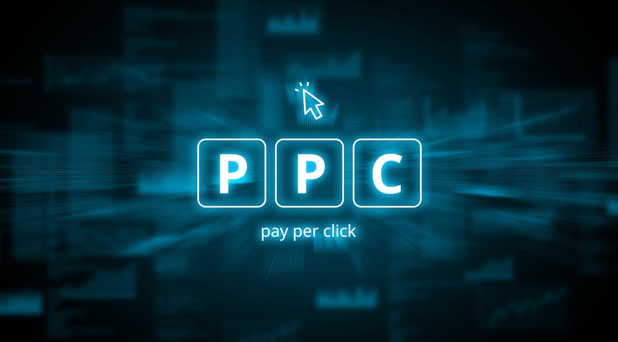
Nov 30, 2023
In an era dominated by the digital landscape, web security is paramount. Cyber threats loom large, ready to exploit vulnerabilities and compromise sensitive information. As the custodian of your online presence, safeguarding your website is non-negotiable. Here are some essential web security best practices to fortify your digital fortress:

Regularly update your website's software, plugins, and CMS. Outdated software is a breeding ground for vulnerabilities that hackers eagerly exploit.
Ensure your website uses SSL encryption. This secures data transfer between the user and the server and boosts your SEO ranking.
Enforce strong, unique passwords for all accounts associated with your website. Implement multi-factor authentication for an additional security layer.
Employ firewalls and security plugins to monitor and filter incoming traffic. These tools act as gatekeepers, preventing malicious entities from infiltrating your website.
Conduct regular backups of your website data. In the unfortunate event of a cyber-attack, having a recent backup ensures a faster recovery process.
Schedule routine security audits to identify and rectify potential vulnerabilities. This proactive approach helps in staying one step ahead of potential threats.
Limit user permissions to only necessary points. This reduces unauthorized access risk and minimizes the likely impact of a security breach.
Implement a Content Security Policy to mitigate the risk of cross-site scripting (XSS) attacks. CSP helps control which resources can be loaded and executed on your website.
Set up monitoring systems/tools to detect unusual activity promptly. Have a robust incident response plan in place to address security breaches effectively.
Educate your team on cybersecurity best practices. Human error is a common entry point for cyber threats, and awareness is the first line of defense.
Your website is the face of your online presence; securing it is a continuous effort. Implementing these web security best practices protects your data and enhances your users' trust.
At Glocal Assist Digital Marketing Solutions, we understand the critical role web security plays in maintaining a strong online presence. Our comprehensive digital marketing solutions encompass robust security measures and strategies to elevate your brand in the digital sphere. Safeguard your website, build your brand, and thrive online with Glocal Assist. Your security is our priority. Visit www.glocalassist.com for more information today!








